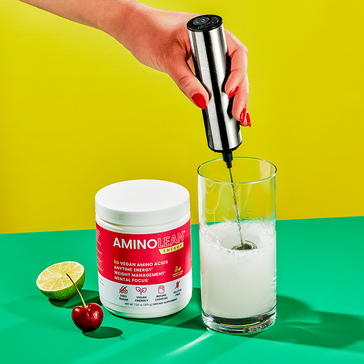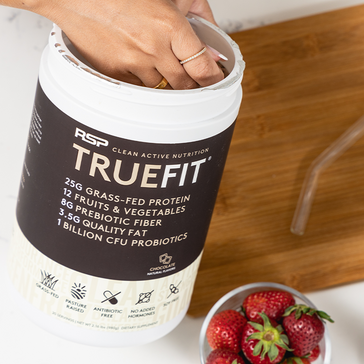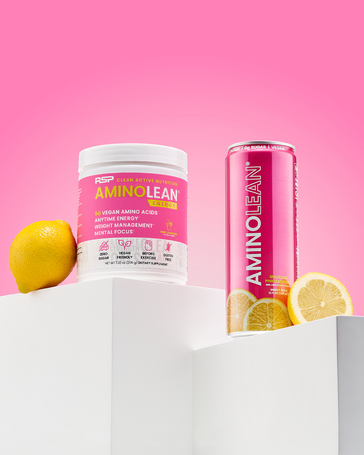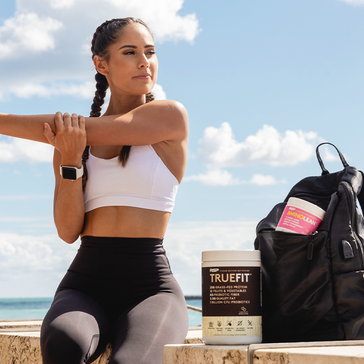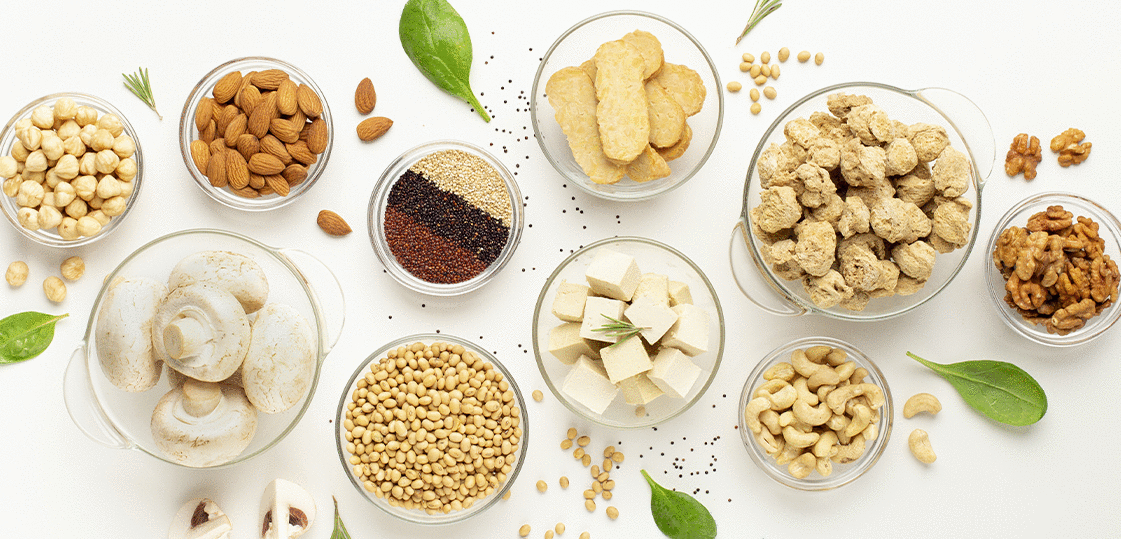By: Riley Mushkin
Protein is an essential part of any diet, helping you stay fuller for longer, increase muscle mass, as well as delivering essential amino acids. If you’re just starting on a plant-based diet, you might be wondering how to incorporate enough protein into your routine. We’ve compiled a list of our top five plant-based protein sources to ensure that you get enough protein.

Tofu, tempeh, edamame
To start us off, tofu, tempeh, and edamame are three sources of plant-based protein that all come from soybeans. Soybeans are considered a whole source of protein, which means that they deliver all the essential amino acids. While you have probably heard of edamame before as an appetizer, tofu and tempeh are usually used as a meat substitute. Tofu is great at absorbing the flavors of what it is cooked with, while tempeh has a nutty flavor. All three contain iron, calcium, and 10-19 grams of protein per 3.5 ounces.

Lentils
Lentils can be used in everything from soups to fresh salads! Clocking in at 18 grams of protein per cooked cup, they are a great source of vegan protein. A single cup of lentils provides about 50% of your daily fiber intake, which promotes gut health. Lentils may also help reduce the risk of heart disease, diabetes, excess body weight and some types of cancer, as well as being rich in folate, manganese, iron and antioxidants.

TrueFit Plant
With 20g of vegan protein, our TrueFit Plant vegan meal replacement powder is a delicious way to keep you satisfied. The plant protein powder is formulated from a unique blend of Pea, Organic Sacha Inchi, Organic Hemp and Chickpea, while also delivering 12 organic fruits & veggies, 4-5g of prebiotic fiber, probiotics and quality fats from MCT Oil. TrueFit Plant is Vegan, Non-GMO, Gluten Free, Soy Free, Dairy Free, has zero sugar added and only 140-150 calories per serving. Just add to cold water for a quick post workout vegan meal replacement shake or mix into smoothies & snacks.

Chickpeas and other bean varieties
Chickpeas, black, pinto, and kidney beans all contain about 15 grams of protein per cooked cup, making them an excellent choice for a plant-based protein. Because of their high fiber content, beans can also aid in digestion. There are countless uses for chickpeas and beans; in general, beans are a meat substitute that still deliver the protein you need to maintain a healthy diet. They can be used in salads, pasta dishes, and meatless quesadillas, to name a few!

Nuts and nut butters
Nuts and nut butters are fantastic sources of protein. One tablespoon gives you 5-7 grams of protein, and is a great source of fiber and healthy fats. They also contain iron, calcium, magnesium, selenium, phosphorus, vitamin E, some B vitamins, and antioxidants. Try to choose natural nut butters to avoid excess sugar and salt, like Spread the Love’s organic nut butters.

Quinoa
Last, but certainly not least, we have quinoa. You wouldn’t normally think of a grain as a high protein source, but let quinoa prove you wrong. One cup of cooked quinoa contains about 8g of protein, earning its spot on this list. It is also a complete protein, which means it has all the amino acids in one. Plus, it has many other health benefits, such as fiber, antioxidants, iron, magnesium, and some essential B vitamins. Use it as a side dish or create a quinoa salad!
It is incredibly important to keep your protein intake high while on a plant based diet. These five plant protein sources are an excellent way to do so, while also giving you the essential amino acids required for a healthy diet and all the benefits of animal protein. If you’re interested in how to get amino acids as a vegan, check out our blog on vegan pre workout as a source of amino acids.
